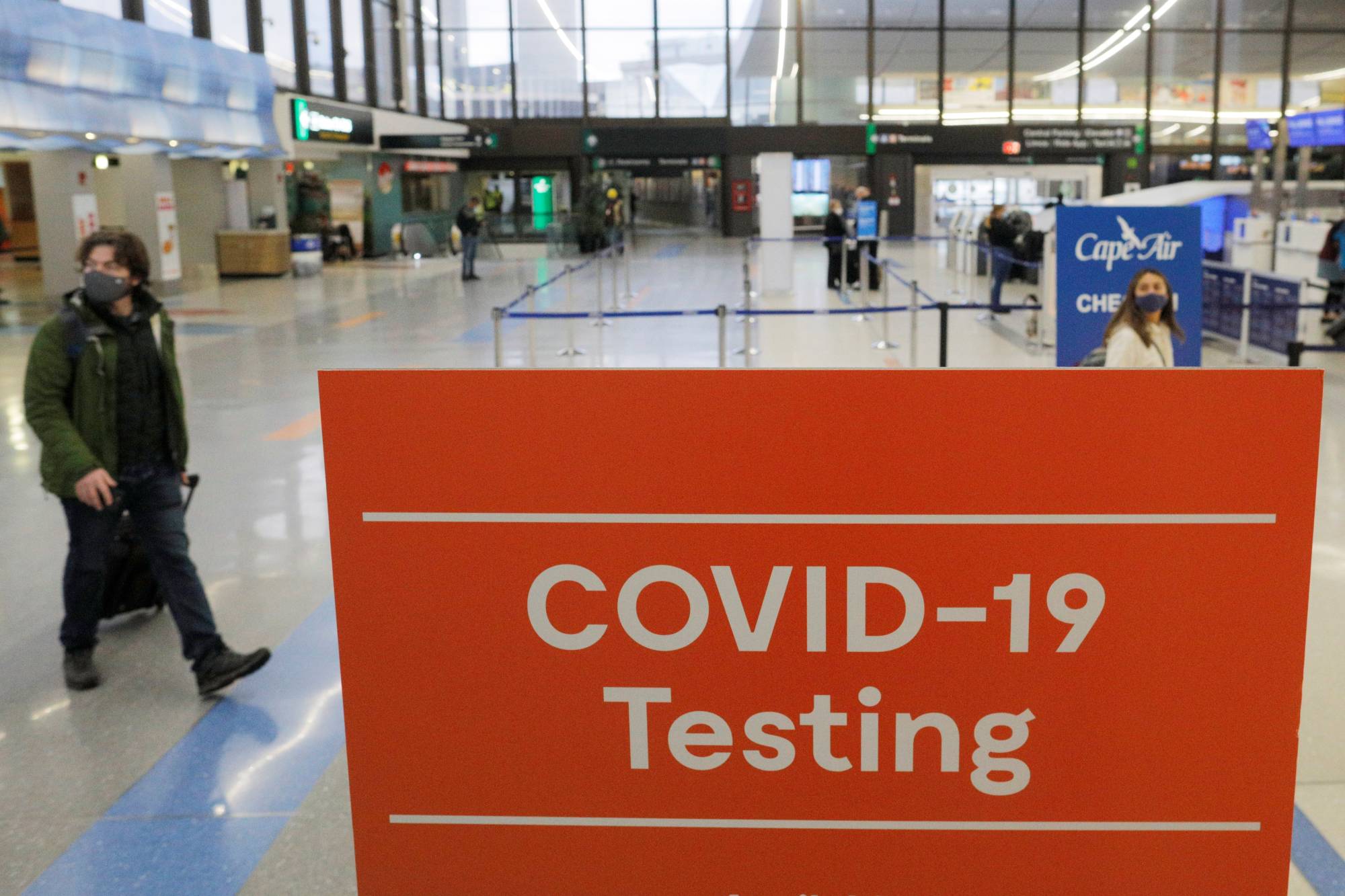As the pandemic engulfed the world in March 2020, no one was thinking much about getting a manicure. So XpresSpa Group, an airport chain that offers mani-pedis and massages to travelers, closed all 50 of its locations. To survive the next two years, it would have to pivot. It turned to the most obvious next market: COVID-19 testing.
Through a partnership with the Centers for Disease Control and Prevention (CDC) and synthetic biology firm Ginkgo Bioworks, XpresSpa launched a surveillance operation to hunt for new and emerging COVID-19 variants among international travelers. Over the last eight months, the trio has tested tens of thousands of passengers arriving from more than 15 countries around the globe. Despite rules that require travelers to produce a negative COVID-19 test result in order to enter the U.S., the collaboration routinely finds both positive cases and new mutations.
In a world in which the virus knows no borders, Ezra Ernst, the chief executive officer of the spa’s testing business, XpresCheck, calls this "a form of border protection.” The program has become a rare example of government and private industry working together productively during the pandemic, so much so that the project has expanded and is being discussed as a way to monitor different biological threats in the future.
















With your current subscription plan you can comment on stories. However, before writing your first comment, please create a display name in the Profile section of your subscriber account page.